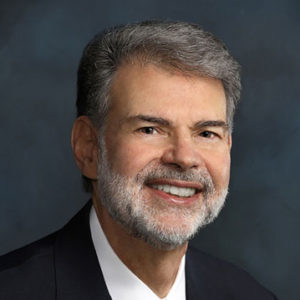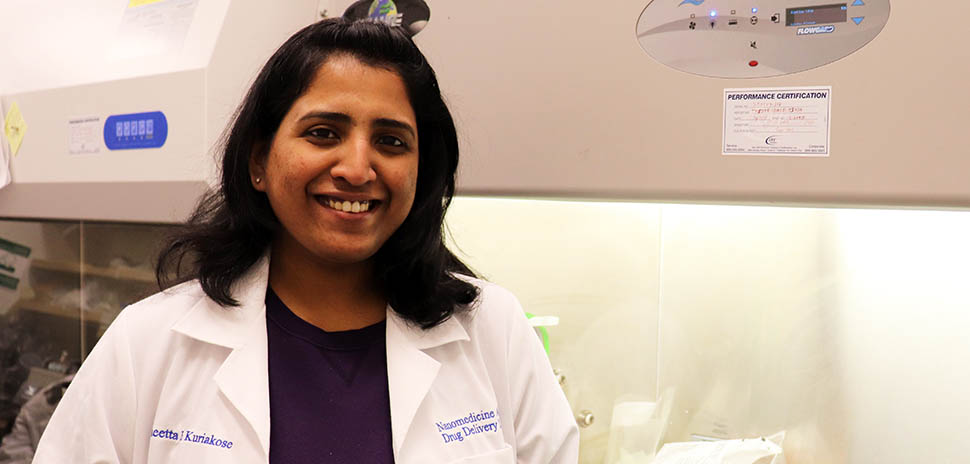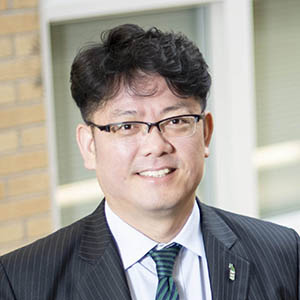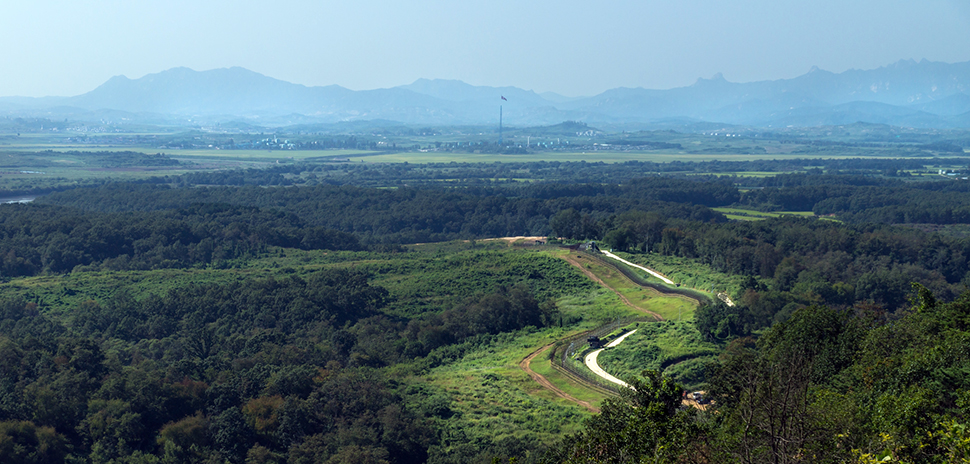![]() Every week, we do a little research of our own. We’re looking for scientists, professors, engineers, entrepreneurs—anybody, really—engaging in research and development across North Texas.
Every week, we do a little research of our own. We’re looking for scientists, professors, engineers, entrepreneurs—anybody, really—engaging in research and development across North Texas.
There’s plenty of good work being done. If you want to put R&D under your microscope, sign up for our e-newsletter.
UNTHSC to expand Pain Research Registry to other Texas cities
Chronic pain is a major problem for many Americans, affecting one in five adults. To help look for ways to change how chronic pain is treated, the UNT Health Science Center in Fort Worth announced that its innovative pain research registry will expand to major Texas cities, including Dallas.

John Licciardone [Photo: Courtesy UNTHSC]
According to a release, the PRECISION Pain Research Registry allows UNTHSC researchers to analyze the DNA of people who suffer chronic lower back pain with the aim of figuring out which of them are more likely to respond to specific drugs, such as opioids. The researchers are focusing on lower back pain because it one of the most common maladies.
The registry, created in 2016, already contains the DNA of roughly 600 participants, John Licciardone, professor of family medicine and the Richards-Cohen Distinguished Chair in Clinical Research, said.
“Expanding the research registry from the Fort Worth area to cities like Dallas, Austin, Houston, and San Antonio can dramatically enhance our research capabilities because the sample size within the registry is going to grow rapidly,” Dr. Licciardone said. “I’m not aware of any similar statewide pain research registries so what we are doing at the Health Science Center is unique.”
The project is funded so far by $1.5 million in grants from the Osteopathic Heritage Foundation, Institute for Patient Safety, SaferCare Texas, and the American Osteopathic Association, and was created in part to evaluate the safety and effectiveness of opioids and other drugs.

Aneetta Kuriakose has been granted an NIH pre-doctoral fellowship. [Photo: Courtesy UT Arlington]
UTA bioengineering grad student is the school’s first NIH pre-doctoral fellow
UT Arlington bioengineering doctoral student Aneetta Kuriakose has become the first student from the university to be awarded a pre-doctoral fellowship by the National Institutes of Health.
The fellowship will support her research into a new minimally invasive treatment for peripheral artery disease, UTA said.
“This award gives me my first taste of independent success as a researcher.”
Aneetta Kuriakose
“This award gives me my first taste of independent success as a researcher,” Kuriakose said. “Being able to work with my own funding gives me confidence and a sense of what it will be like to act as a principal investigator throughout my career.”
Kuriakose is a research assistant for bioengineering professor Kytai Nguyen, whose lab is investigating a new method for treating peripheral artery disease, a circulatory condition in which narrowed blood vessels reduce blood flow to the limbs, causing chronic pain, numbness, or weakness.
The university said the researchers’ method involves combining balloon devices used during angioplasty procedures with therapeutic nanomedicine to treat the blood vessels without leaving behind foreign objects, which can lead to thrombosis and other complications.
UNT researcher studies how tourism and development could reunite Korea
North Korea has been in the news for decades as relations with South Korea and the United States teeter-totter up and down.

Young Hoon Kim [Photo: Courtesy Ahna Hubnik/UNT]
Korea was split into two governments more 60 years ago. Now, a researcher at the University of North Texas is studying how tourism and destination development could bring people together and reunify the Korean peninsula.
“Politics cannot change everything—the culture has to change first and the politics and the laws will follow in response,” Associate Professor Young Hoon Kim said in a statement. “It has to come from the people, and that includes things like travel and tourism.”
Kim recently was awarded a research grant from the Korea Institute for International Economic Policy for his research project, “A Case of City Development: Incubating Village for DMZ (Demilitarized Zone: Dream and Miracle Zone).”
He is working with researchers at Kyungdong University, Kyung Hee University, and Sogang University in South Korea. Kim’s research is focused primarily on the peninsula’s demilitarized zone (known as the DMZ), an area where military activity is forbidden. For decades, the DMZ has been mostly untouched by humans and now is a haven for wildlife, eco-tourists, and travelers.
READ NEXT
![]()
Get on the list.
Dallas Innovates, every day.
Sign up to keep your eye on what’s new and next in Dallas-Fort Worth, every day.




























